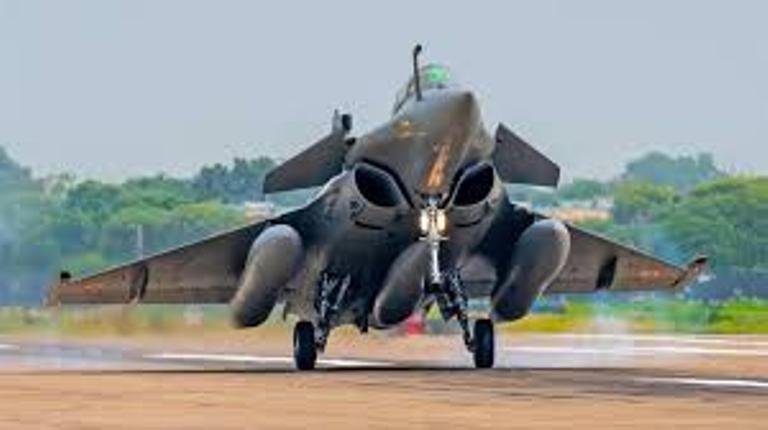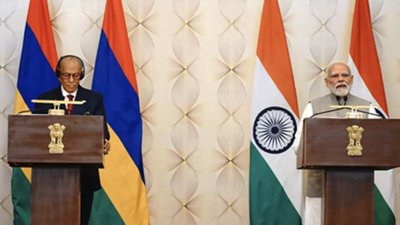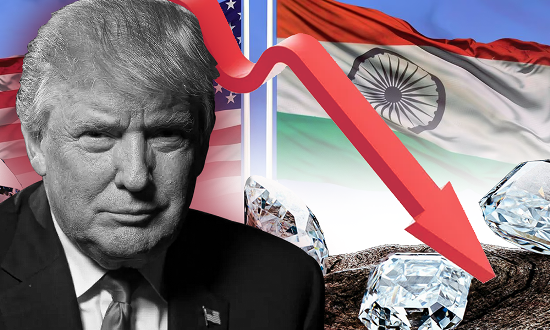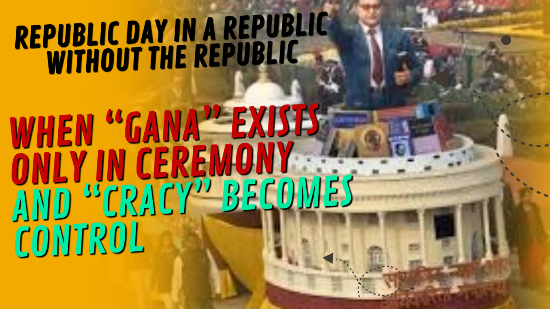New Delhi: In a fresh controversy surrounding the multi-billion dollar Rafale fighter jet deal, France has reportedly refused to hand over the source code of the jets to India. This refusal effectively limits India’s ability to customize the aircraft’s weapon systems according to its strategic needs. The development comes years after the deal faced sharp political opposition over issues of pricing, transparency, and procurement procedure.
What Is the Source Code and Why Does It Matter?
The source code is essentially the brain of any modern combat aircraft. It controls critical software systems such as radar integration, weapons targeting, data fusion, and electronic warfare capabilities. Without access to this code, India cannot independently integrate indigenous weapons or modify system functionalities. It will have to depend on French cooperation for any such upgrades or adjustments.
France’s Argument: Intellectual Property at Stake
France, through Dassault Aviation (the manufacturer of Rafale), has argued that it cannot share the source code due to concerns over intellectual property and proprietary defense technology. According to French officials, the development of the Rafale platform involved years of intensive research and substantial financial investment. Sharing the code could jeopardize its strategic advantage and defense export market.
While this argument may seem technically valid, many Indian defense analysts and political commentators are viewing it as a diplomatic betrayal, especially given the premium price India paid for the jets and the portrayal of France as a “trusted defense partner.”
Impact on India’s Strategic Autonomy
The refusal puts a dent in India’s vision of strategic military autonomy. If India needs to integrate specific missiles or electronic warfare suites during a crisis, it will now require French approval and technical involvement. This goes against the ethos of the Atmanirbhar Bharat (self-reliant India) campaign, which emphasizes building and controlling indigenous defense capabilities.
Opposition’s Long-standing Criticism Gains Relevance
The Rafale deal has always been a political flashpoint. When the deal was signed in 2016, several opposition parties, particularly the Congress, raised concerns about inflated prices and lack of transparency. With France now declining to share critical technological control, those earlier objections appear to carry renewed weight.
Was India Warned? Missed Red Flags
Defense experts say that such high-end defense agreements should include clauses about technology transfer and software access at the negotiation stage. If India failed to secure this access in the initial deal, it could be seen as a diplomatic oversight or a strategic miscalculation. Some officials have admitted that the urgency to bolster air defense capabilities may have led to hasty decision-making.
What Are India’s Options Now?
India now faces two choices: either renegotiate with France for limited or monitored access to essential parts of the source code, or double down on the development of indigenous platforms like the Tejas Mk2 or the upcoming AMCA (Advanced Medium Combat Aircraft). Long-term strategic independence lies in boosting domestic R&D and ensuring future contracts safeguard technological sovereignty.
Diplomatic Partnership or Commercial Transaction?
France’s stance indicates a hard commercial reality: in global defense deals, national interest and business protection often outweigh friendship or strategic partnership narratives. Going forward, India must ensure that control, customizability, and access are non-negotiable in any such acquisition.
While Rafale remains a potent addition to the Indian Air Force, the fact that its operation and integration are partially reliant on a foreign power raises serious questions about India’s true defense preparedness. The key to these multi-million dollar jets still lies in French hands—and that’s a strategic concern that cannot be ignored.














Leave a Reply